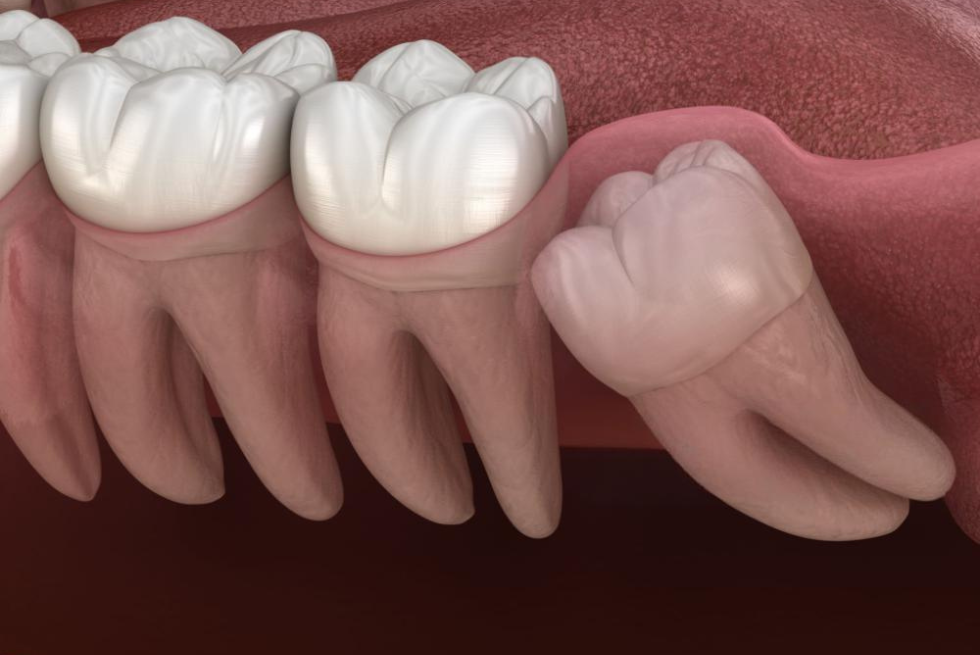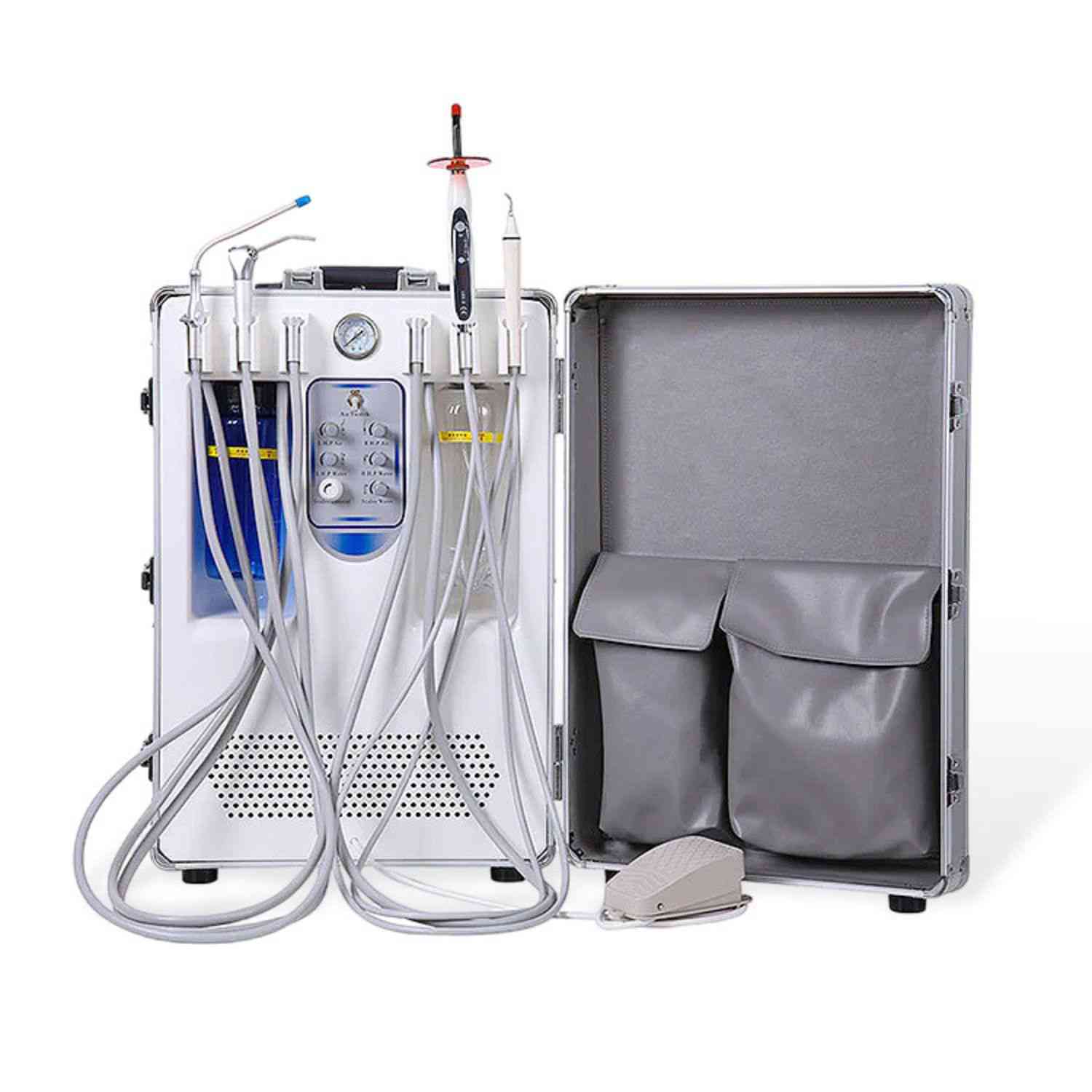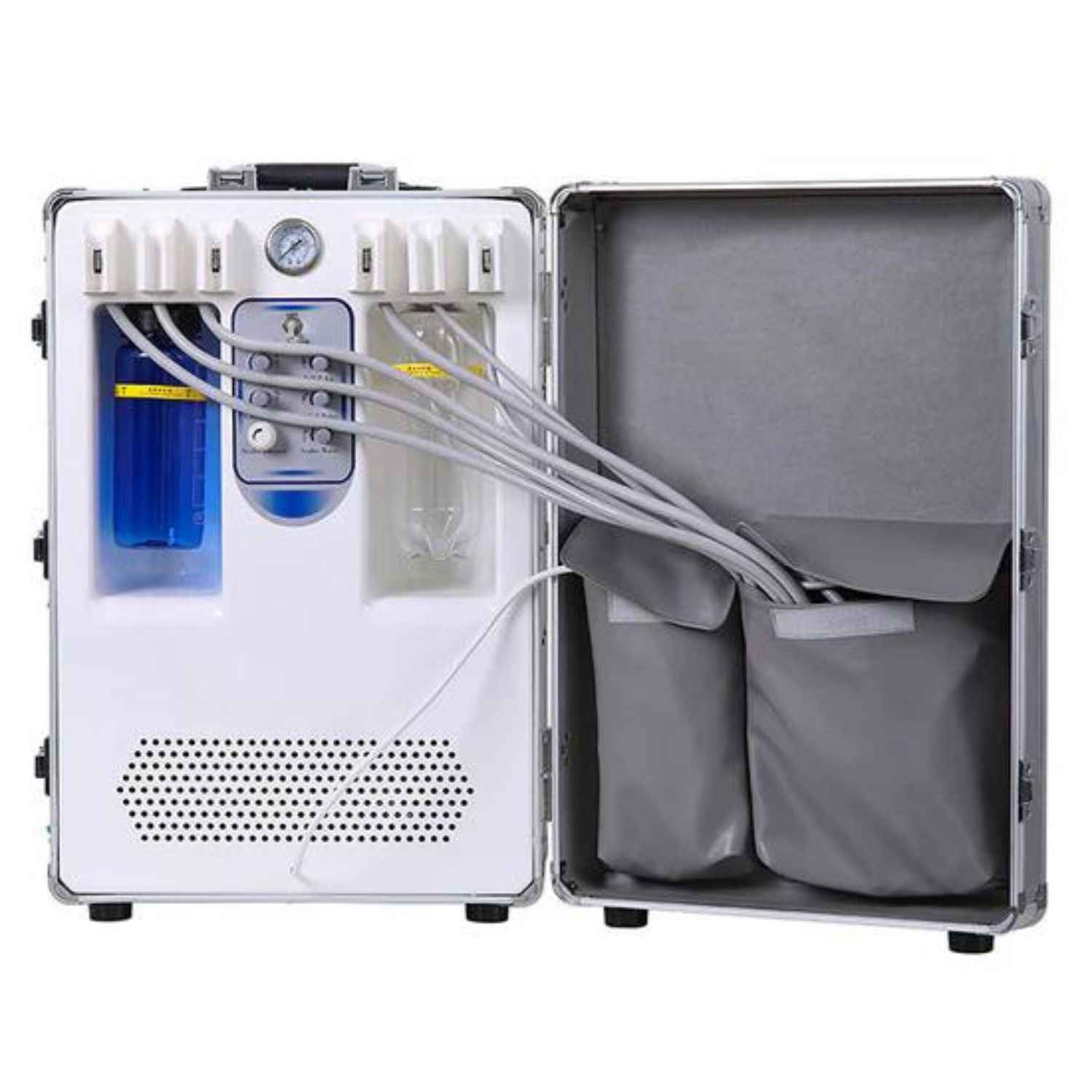Does Everyone Have Wisdom Teeth? The Truth About Third Molars
Do you wonder if all people have wisdom teeth? Let's find out the facts about these back teeth that come in during our late teens or early twenties.
Quick Answer: No, Not Everyone Has Wisdom Teeth
About 5-37% of people are born without one or more wisdom teeth [1]. This happens because of genetics and evolution. As humans evolved, our jaws became smaller, which means less room for these extra molars.
What Are Wisdom Teeth?
Wisdom teeth are the third molars that typically appear between ages 17-25. Long ago, our ancestors used these teeth to chew tough, raw foods. Today, they often cause problems because our modern jaws are smaller and can't fit them properly.
Who Has Wisdom Teeth and Who Doesn't?
Let's look at some interesting facts about wisdom teeth around the world:
| Group of People | Wisdom Teeth Facts |
|---|---|
| General Population | 5-37% lack one or more wisdom teeth |
| Indigenous Mexicans (Pima) | Almost 100% have wisdom teeth |
| Inuit People | Almost 100% have wisdom teeth |
| East Asians | About 45% lack wisdom teeth |
| Europeans/Africans | About 20% lack wisdom teeth |
Why Some People Don't Have Wisdom Teeth
There are several reasons why some people don't develop wisdom teeth:
-
Genetics: If your parents didn't have wisdom teeth, you might not get them either. Mutations in genes called PAX9 and MSX1 are linked to missing wisdom teeth.
-
Smaller Jaws: Modern humans have jaws 30-50% smaller than our ancestors, which means less space for tooth buds to form.
-
Diet Changes: Our softer modern diet doesn't require as many grinding teeth, so evolution is slowly phasing them out.
For example, populations with smaller jaws, like many Asian people, are more likely to be missing wisdom teeth naturally. This is a perfect example of how our bodies adapt over time!
When Wisdom Teeth Become a Problem
Not everyone needs their wisdom teeth removed. Dental X-rays help determine if wisdom teeth extraction is necessary. Each year, about 10 million wisdom teeth are removed in the United States.
Here are signs your wisdom teeth might be causing problems:
- Pain at the back of your mouth
- Swollen, bleeding gums
- Difficulty opening your jaw
- Infections or cysts forming
- Overcrowding of other teeth
Complications from Wisdom Teeth
Even if your wisdom teeth aren't causing pain, they might still need to be removed. Studies show that 1 in 3 asymptomatic impacted teeth develop issues like cysts or decay over time.
About 60-70% of impacted wisdom teeth eventually require removal due to pain, infection, or crowding. After surgery, dry socket occurs in 2-5% of extractions, and nerve damage affects 0.4-8.4% of patients.
Types of Wisdom Teeth Problems
There are different ways wisdom teeth can cause trouble:
-
Impacted teeth: These are trapped in your jaw or gums and can't fully emerge.
-
Partially erupted teeth: These break through the gum partially, creating a place where bacteria can enter and cause infection.
-
Crowding: Wisdom teeth can push other teeth out of alignment, especially if you've had dental work like bridges or implants.
-
Decay: Hard-to-reach wisdom teeth often develop cavities that require special dental tools to treat.
Taking Care of Wisdom Teeth if You Keep Them
If your wisdom teeth come in properly and your dentist says they can stay, here's how to care for them:
- Brush thoroughly twice a day
- Floss around all teeth, including wisdom teeth
- Use antimicrobial mouthwash
- Get regular dental checkups
- Avoid hard or sticky foods that could damage them
When to See a Dentist About Wisdom Teeth
You should see your dentist right away if you have:
- Severe pain in the back of your mouth
- Swelling around your jaw
- Bad taste or smell in your mouth
- Fever or general illness along with tooth pain
Common Questions About Wisdom Teeth
Can wisdom teeth grow in your 30s?
Yes, but it's rare. Most wisdom teeth emerge between 17-25 years old.
Do missing wisdom teeth affect chewing?
Not at all! Our other 28 teeth are plenty for modern diets.
Is wisdom tooth removal always painful?
Modern dental techniques make the procedure much more comfortable than in the past. Most people have some discomfort for a few days, but severe pain is uncommon.
Can I prevent problems with wisdom teeth?
You can't prevent them from growing, but regular dental checkups can catch problems early before they become serious.
What happens during wisdom tooth extraction?
The dentist will:
- Take X-rays to see the position of your teeth
- Give you appropriate anesthesia
- Create a small opening in the gum if the tooth is impacted
- Remove the tooth carefully
- Clean the area and may place stitches
- Place gauze to help with bleeding
Evolutionary Perspective on Wisdom Teeth
Wisdom teeth are a fascinating example of human evolution. Our ancestors had bigger jaws and needed these extra teeth to help grind tough, raw foods. As humans developed cooking and food processing, we didn't need such powerful jaws.
Over thousands of years, human jaws have become 30-50% smaller, but the genetic instruction to grow wisdom teeth hasn't disappeared completely. This mismatch between our jaw size and the number of teeth we're programmed to grow is why so many people have problems with wisdom teeth.
Some scientists believe that in the distant future, humans might evolve to have no wisdom teeth at all!
Conclusion
No, not everyone has wisdom teeth. Between 5-37% of people are born missing at least one wisdom tooth, and this varies greatly between different populations around the world.
Whether you have wisdom teeth or not comes down to your genetic makeup and evolutionary factors. If you do have them, regular dental checkups are important to monitor their growth and prevent complications.
Remember that even if your wisdom teeth aren't causing pain now, it's important to have them checked regularly since problems can develop over time. About 60-70% of impacted wisdom teeth eventually require removal, so staying ahead of potential issues is key to maintaining good oral health.
Have you noticed pain or swelling around your back teeth? It might be time to schedule a dental appointment to check on those wisdom teeth!









